Sustainable Development Goals
Main SDG introduction
World leaders adopted the 2030 Agenda for Sustainable Development and its 17 Sustainable Development Goals (SDGs) at a historic UN conference in September 2015. The SDGs call for action by all countries to promote prosperity while protecting the planet, thereby recognizing that ending poverty must go hand-in-hand with strategies to build economic growth, address social needs, tackle climate change and ensure environmental sustainability.
It is becoming increasingly clear that the sustainable management of productive forests in the tropics, and a sustainable tropical timber trade, can help in meeting future wood demand and achieving the SDGs. ITTO is empowered to promote the expansion of international tropical timber trade from legal and sustainable sources. It is perfectly placed, therefore, to assist countries in their efforts towards all the SDGs, especially SDG 1 (“No poverty”), SDG 12 (“Responsible consumption and production”), SDG 13 (“Climate action”) and SDG 15 (“Life on land”). Some of the ways it is doing this are outlined below.
Select one or multiple SDGs below to see ITTO’s contributions towards achieving them.
Please scroll down to see the search results

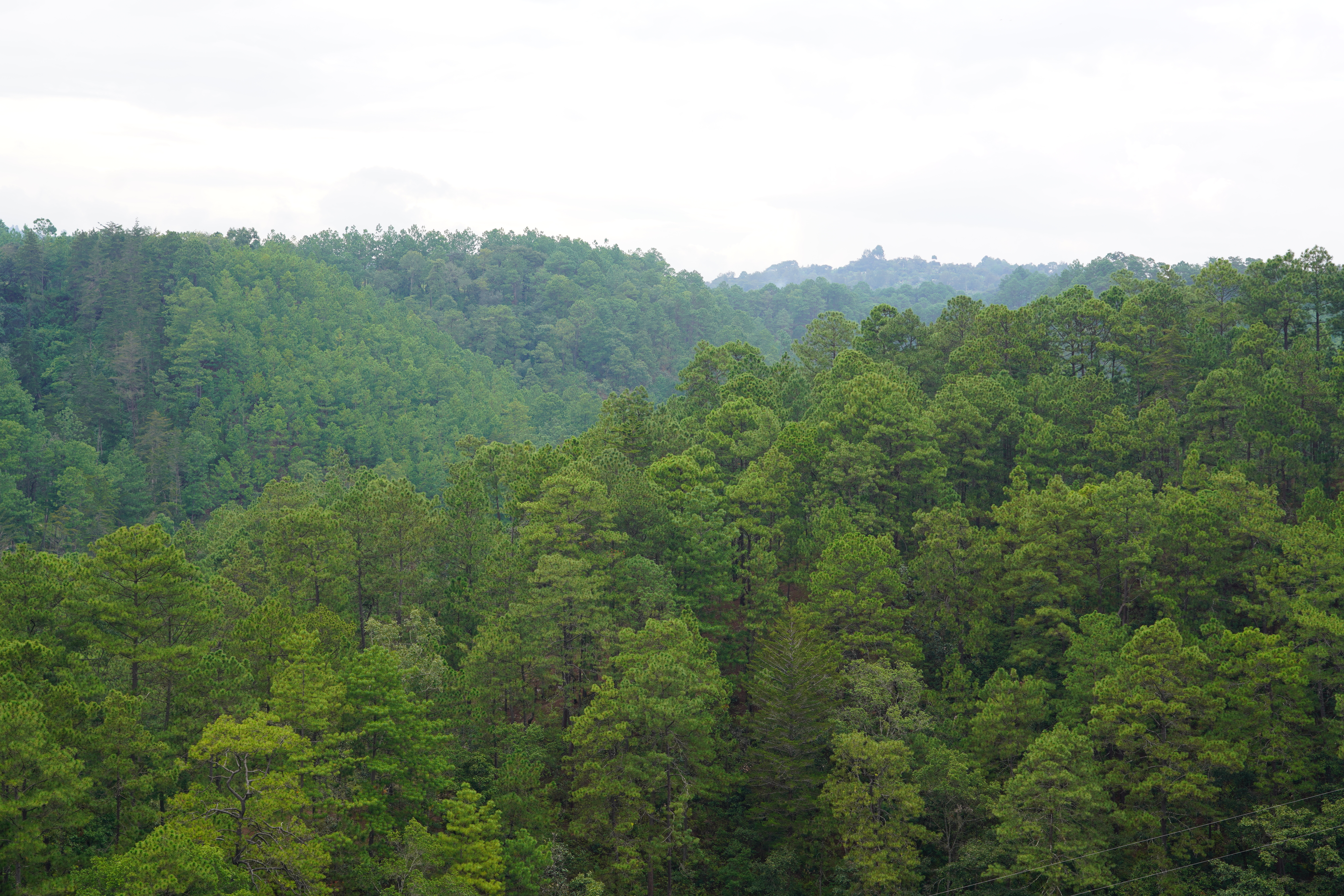
ITTO promotes sustainable tropical forest management by:
- Building sustainable forest management capacity in tropical countries through the implementation of field projects.
- Providing a forum for policy dialogue on conserving and sustainably managing, using and trading tropical forest resources.
- Developing policy guidelines on sustainable forest management, forest conservation and the restoration of degraded tropical forests for uptake by countries.
- Working with partners in government, the Collaborative Partnership on Forests, civil society and the private sector to improve forest management, conserve biodiversity and improve local livelihoods.
- Strengthening expertise in tropical forestry through its Fellowship Programme, which has enabled about 1400 young forestry professionals to increase their skills.
- Jointly implementing projects with the Convention on Biological Diversity and the Convention on International Trade in Endangered Species of Wild Fauna and Flora to conserve biodiversity in productive forests.
Related ITTO contributions for the selected Sustainable Development Goal(s)
(102 results found)
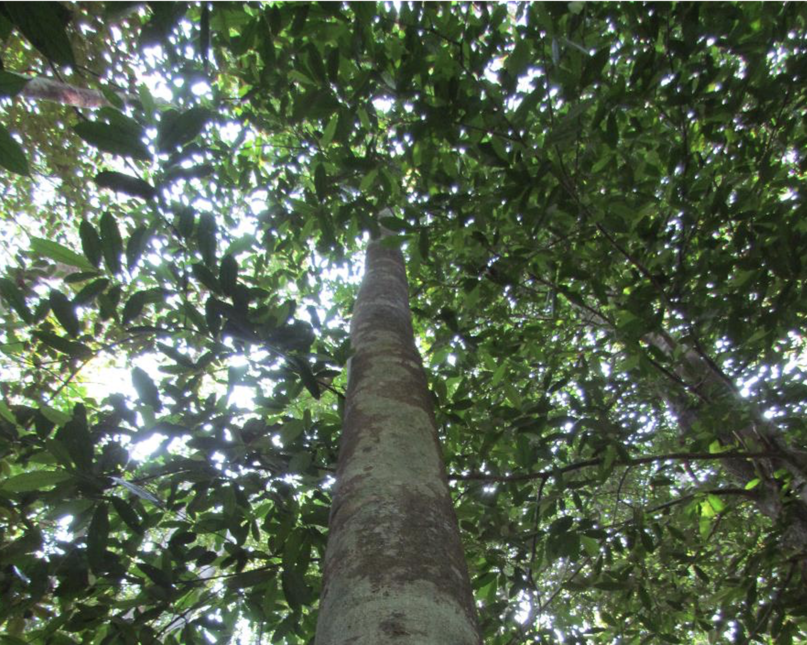
CITES COP examines agarwood after release of ITTO–CITES report
Responsible production and consumption Life on land Partnerships for the goals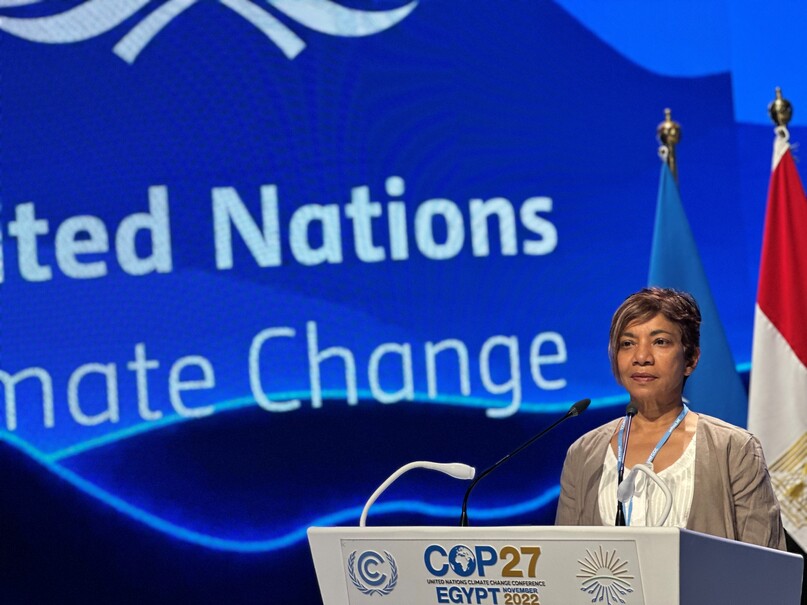
Tropical forests vital for combating climate change—ITTO Executive Director delivers message at UN Climate Change
Responsible production and consumption Climate action Life on land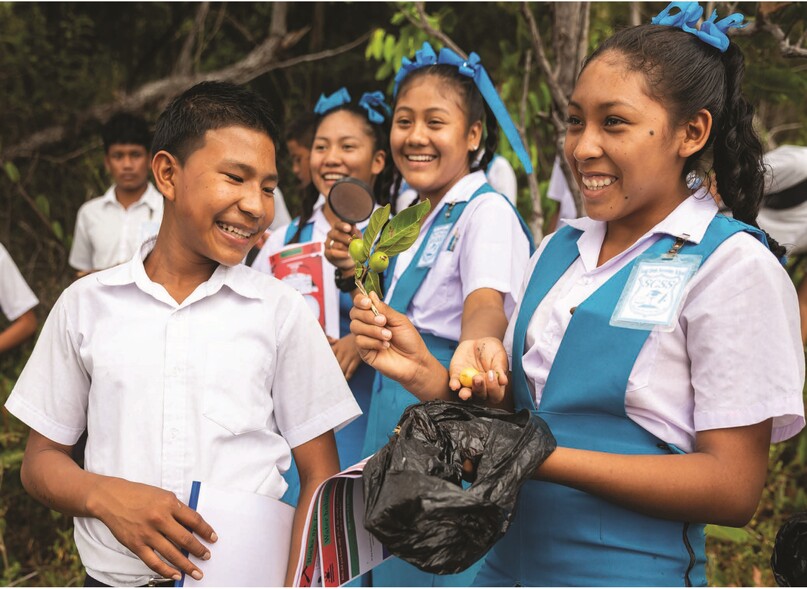
New report calls for better forest education to safeguard natural resources
Quality education Gender equality Decent work and economic growth Industry, innovation and infrastructure Responsible production and consumption Climate action Life on land Partnerships for the goals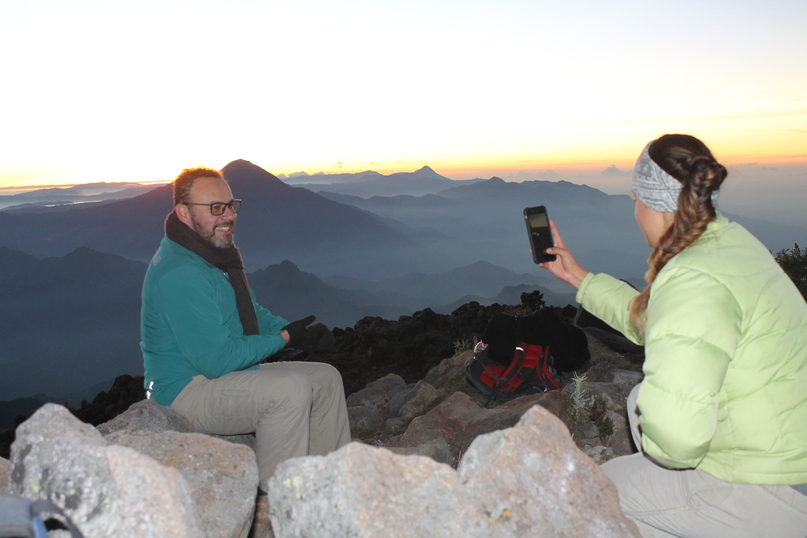
Celebrating World Tourism Day—the potential of ecotourism in tropical forests to assist pandemic recovery
No poverty Decent work and economic growth Climate action Life on land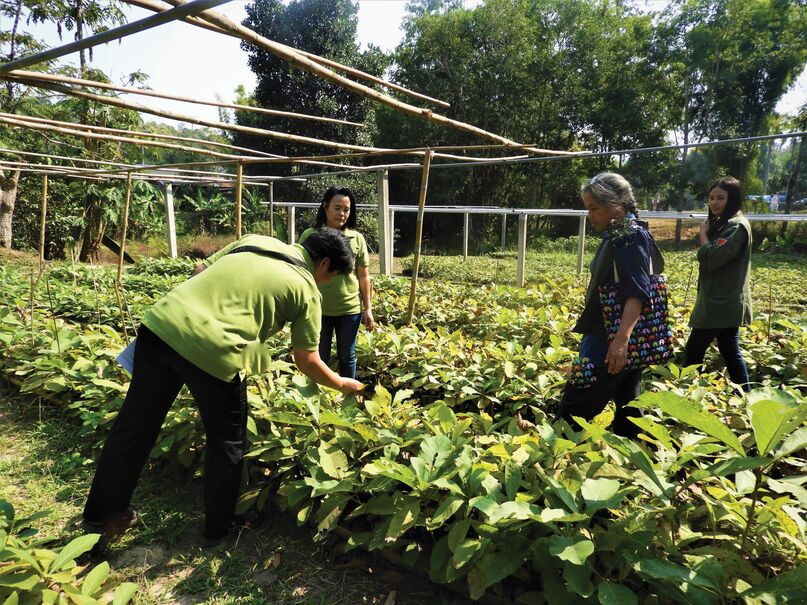
ITTO launches new book on teak in the Mekong
Decent work and economic growth Responsible production and consumption Climate action Life on land Partnerships for the goals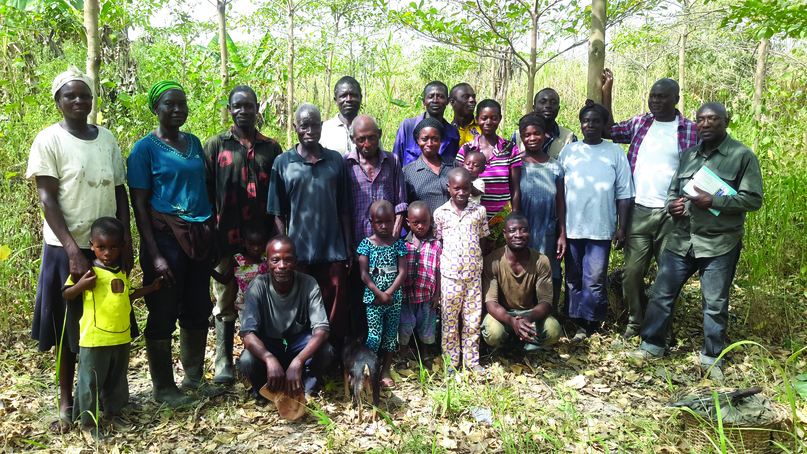
New policy brief launched on evaluation of ITTO projects in Africa
No poverty Zero hunger Quality education Gender equality Clean water and sanitation Decent work and economic growth Responsible production and consumption Climate action Life on land Partnerships for the goals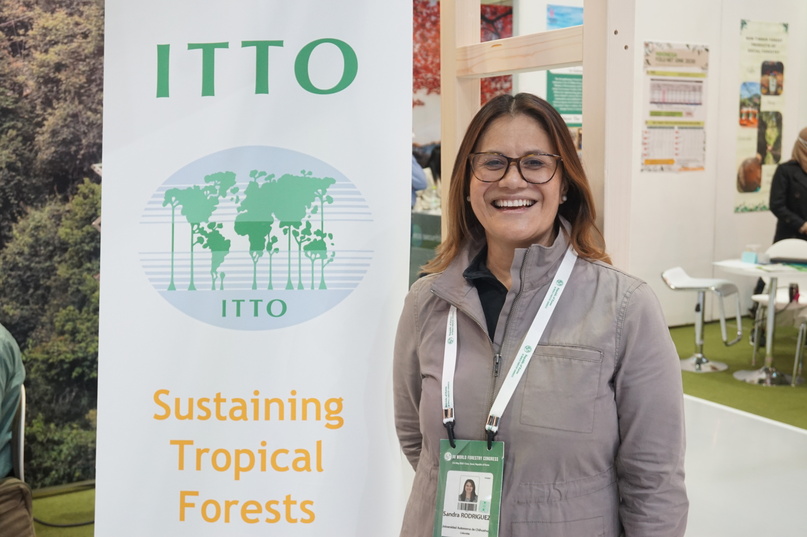
Celebrating International Youth Day—and working to ensure the future of tropical forests
Quality education Gender equality Industry, innovation and infrastructure Responsible production and consumption Climate action Life on land Partnerships for the goals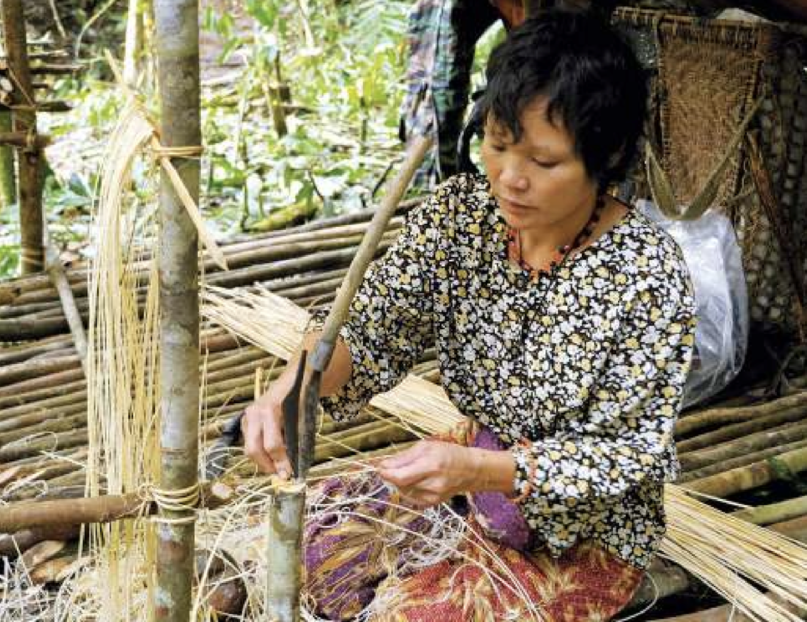
Celebrating International Day of the World’s Indigenous Peoples—tropical forest custodians
No poverty Gender equality Responsible production and consumption Climate action Life on land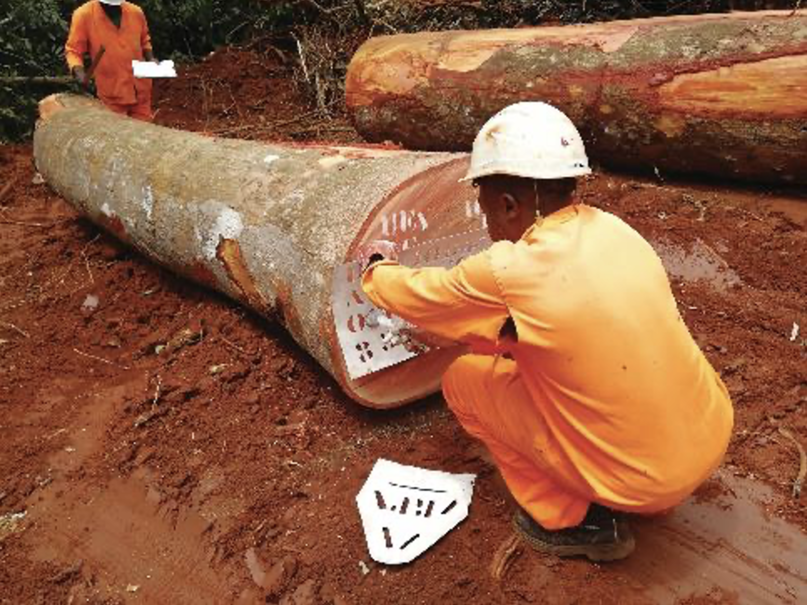
New training modules available on legal and sustainable timber supply chains in Congo Basin
Quality education Responsible production and consumption Climate action Life on land Partnerships for the goals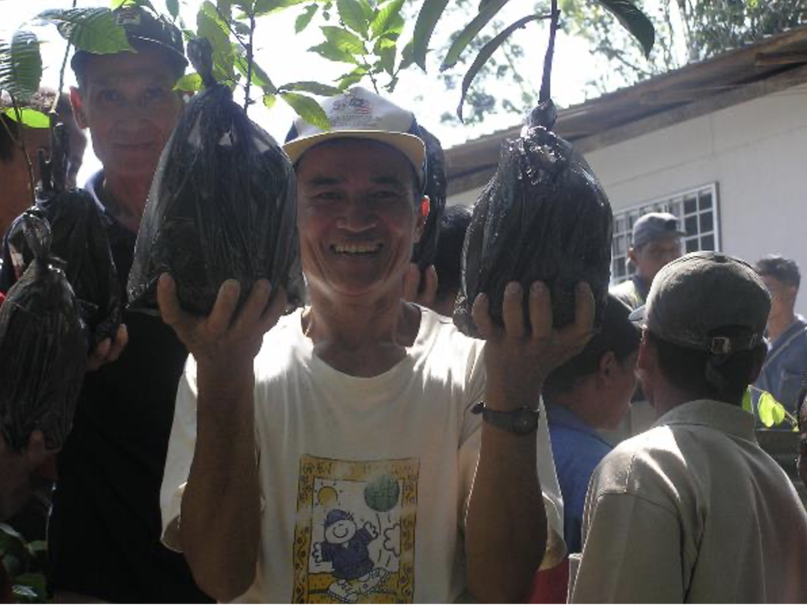
Sustainable forestry can provide vital nature-based solutions to crises
No poverty Zero hunger Industry, innovation and infrastructure Responsible production and consumption Life on land Partnerships for the goals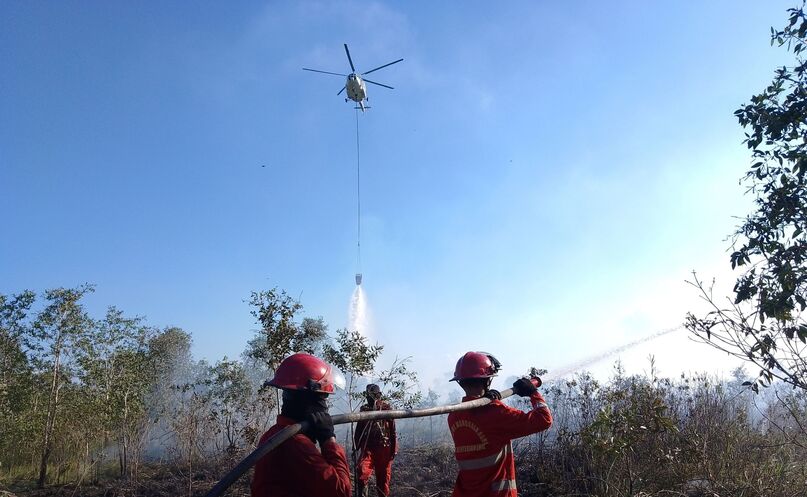
Indonesia launches new app on forest fire with ITTO support
Climate action Life on land Partnerships for the goals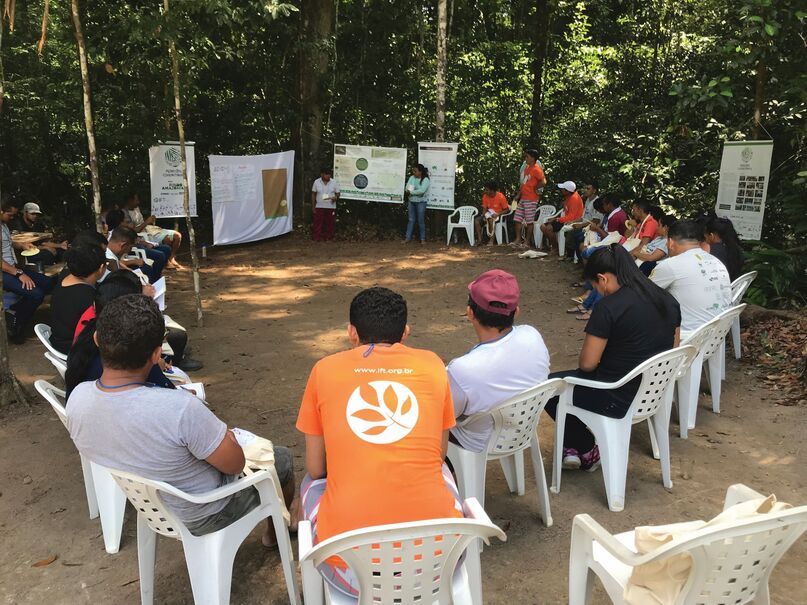
Celebrating the International Day of the Tropics—the critical importance of tropical forests
No poverty Quality education Decent work and economic growth Responsible production and consumption Climate action Life on land Partnerships for the goals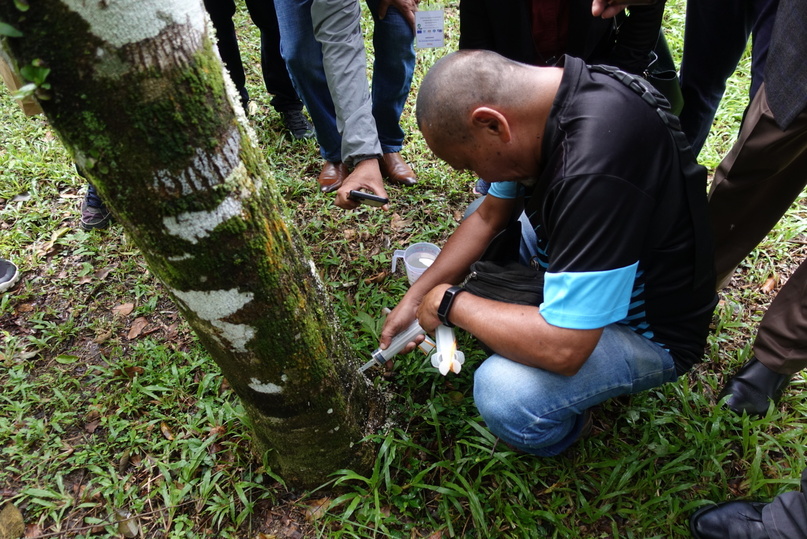
ITTO, CITES hold workshop to discuss agarwood report
Responsible production and consumption Life on land Partnerships for the goals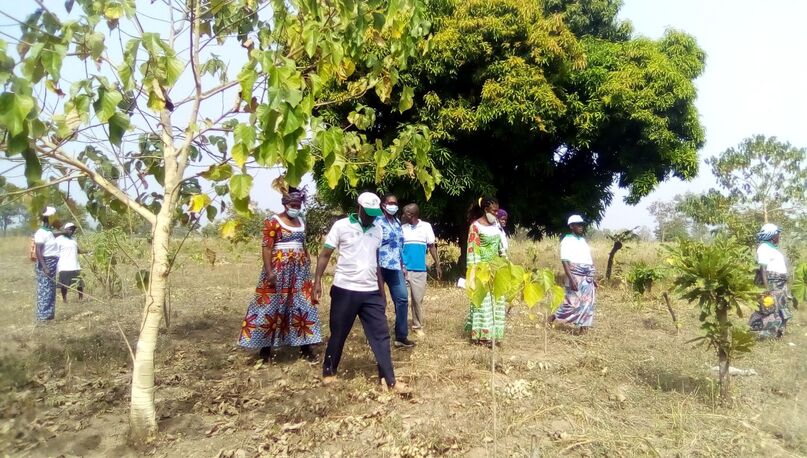
Fighting back against desertification and drought
No poverty Climate action Life on land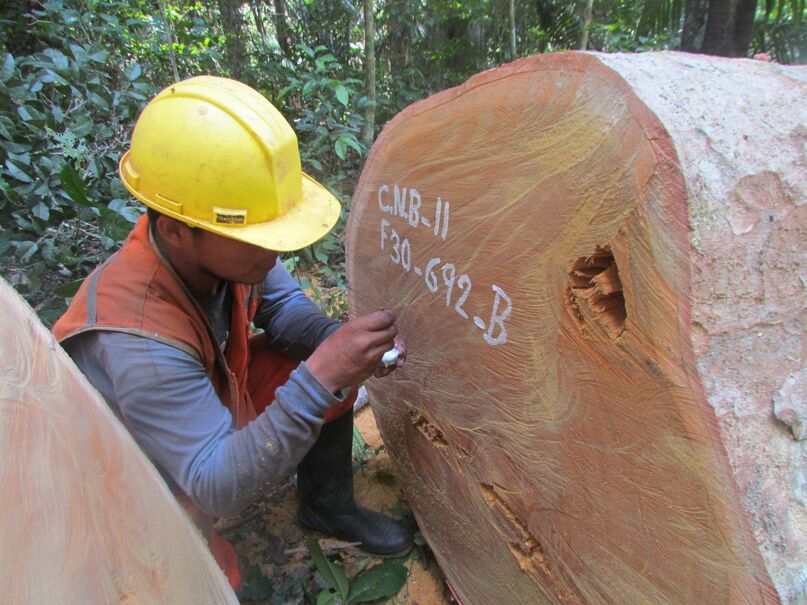
Peru’s private sector proposes forest-sector reforms
No poverty Responsible production and consumption Climate action Life on land Partnerships for the goals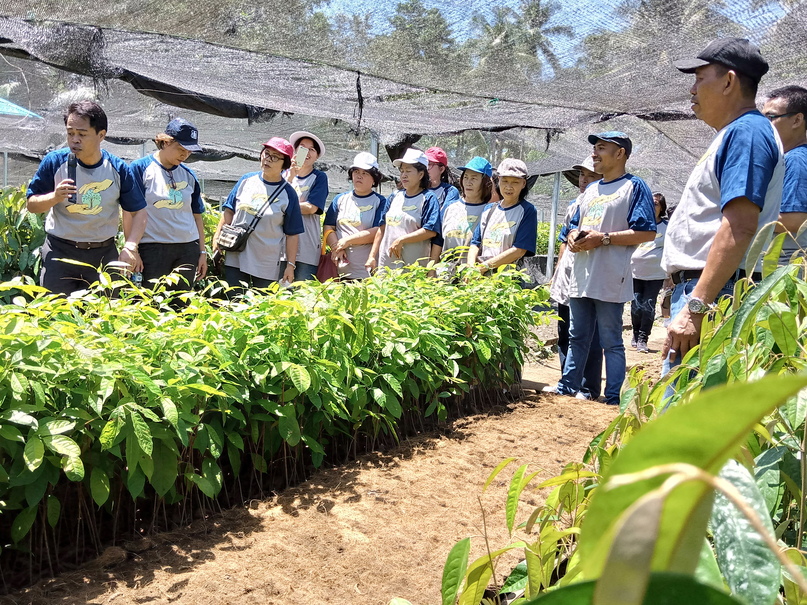
Singing from the treetops on World Environment Day—local people can create renewable resources
No poverty Responsible production and consumption Climate action Life on land
Recognizing the importance of sustainable tropical forestry on International Day for Biological Diversity
Responsible production and consumption Climate action Life on land Partnerships for the goals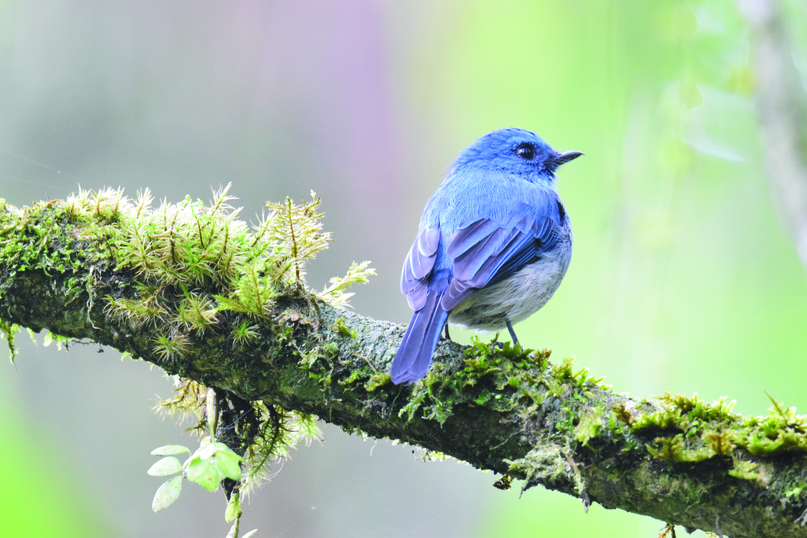
Joint work between ITTO and Convention on Biological Diversity lauded
Life on land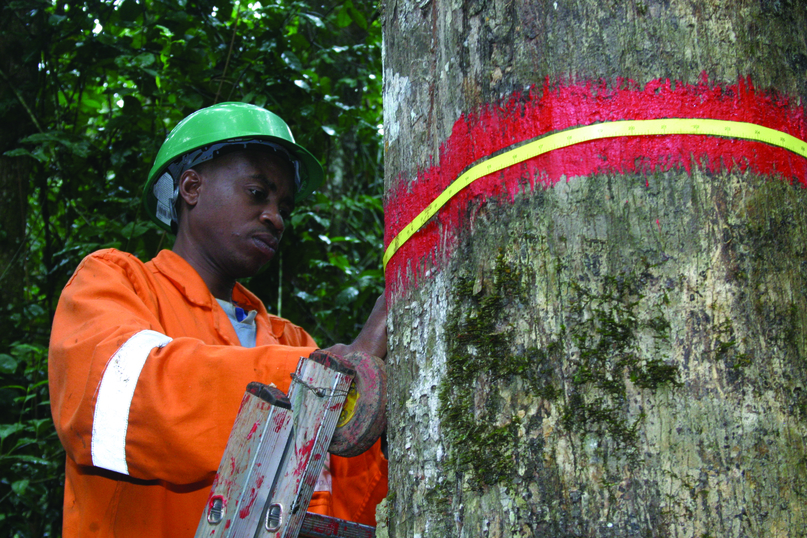
ITTO Executive Director calls for positive messaging on timber
No poverty Responsible production and consumption Climate action Life on land Partnerships for the goals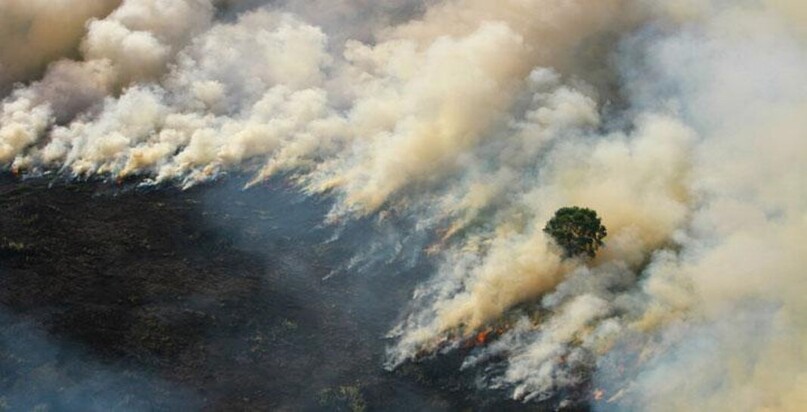
Improved tropical forest fire management essential for mitigating climate change
Climate action Life on land